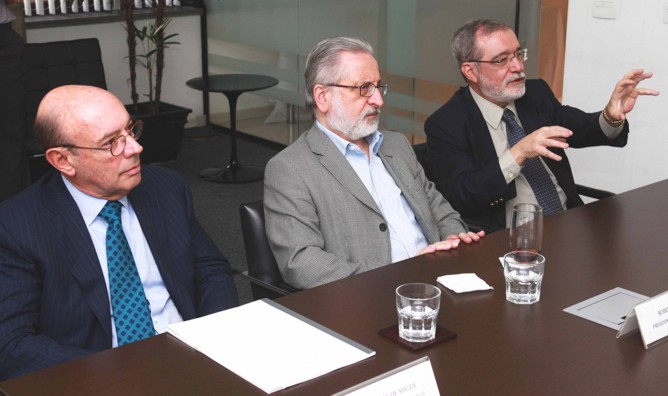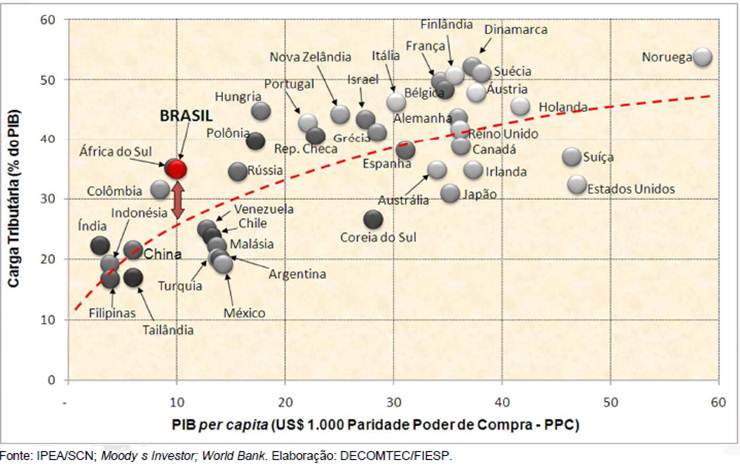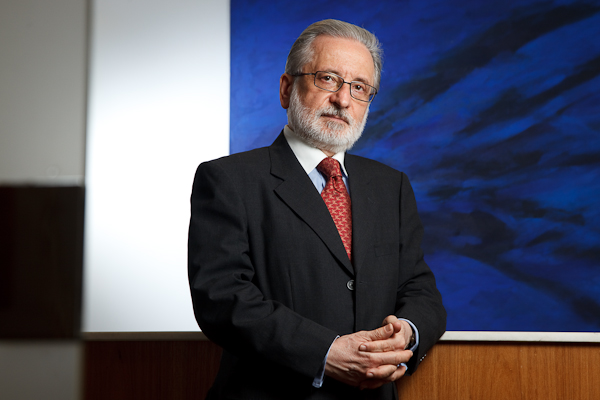Source: Info Exame (São Paulo - SP) - 22/05/2012
São Paulo - The Brazilian tax asylum offers a vast space for the performance of tax evaders. Only with regard to the tax on the circulation of goods and services (ICMS), each state has its own legislation, with a total of 3.500 rules in constant change.
In recent years, this tangle has become even more complicated with the worsening fiscal war between states and municipalities to attract companies and increase their revenue. It is easy to understand the appetite for ICMS. The tax collection has increased 33% since 2009 and approached 300 billion reais last year.
The main weapon used in the war is the offer to reduce the tax. As a result, there are more than 40 different ICMS rates in the country, varying from 4% to 25%. And what could be good - paying less tax - has become a fertile ground for crime.
The most applied scam is the tour of the invoice. A few years ago, scammers worked on real logistical engineering to defraud: departing from a producing state, goods traveled to states with less tax. The tour served to heat up the bill, registering the product as if it had been produced in the state that charges less tax.
Then, the good returned to the starting point, usually São Paulo, to be consumed. With the creation of the electronic note, a click on the computer became sufficient to issue the document - there are 180 million per month in the country. And then the 2.0 tour was born: the invoice virtually goes to other states, but the product does not move.
To simulate that something was produced in a distant state, just send the note over there and then do the reverse. By magic, the product “changes” in origin. "The difference in ICMS induces the dishonest to simulate a fictitious destiny", says Clóvis Panzarini, former coordinator of the São Paulo Finance Department.
Although some states and some companies can make gains from fraud, the country's economy can only lose. “The fiscal war promotes distortion in investment decisions, raises costs and harms companies that comply with the law,” says economist Paulo Rabello de Castro.
To try to end the war, the federal government is discussing with states the unification of interstate rates - today they are 7% and 12%. But the negotiation should take time. In the meantime, the note tour thrives, as shown in the following three examples, in the ethanol, medicine and steel markets.
Ethanol
Since 2007, to prevent fraud, the government has determined that the country's 16 refineries should centralize the collection of taxes on gasoline and diesel. Ethanol, however, because it is produced in hundreds of plants, has been left out - and has become the preferred target of dishonest distributors.
Fraudsters create distributors in states such as Goiás, where the ICMS rate is lower than that of São Paulo, the main producing state. "The scheme is set up with a company that is legally constituted, but in the name of oranges," says Alísio Vaz, president of the fuel distributors union.
The company only serves to simulate the passage of ethanol and issue the electronic invoice, obtaining the benefit of the lower tax. But only the note travels to Goiás. The fuel goes directly from the producer to service stations that participate in the scheme and, thus, offer ethanol at a low price - taking customers away from competitors who work in the legal sector.
The fraud, however, does not end on the note tour. Over time, fraudsters evade all taxes. When they are fined, they leave the distributor and start again with the name of another orange. Seven companies are currently under investigation - the National Petroleum Agency does not disclose which ones.
Pharmaceutical products
medicines are one of the products most affected by the invoice tour. The existence of 82 pharmacies scattered across the country - 000% of them small - and the sector's tight margins make it easier for the picks to act, as gains in the tax can increase the profit of traders.
Drug fraud is old, but it has recently incorporated technology. Until three years ago, the cargo and the paper invoice were a hit: they traveled from states that are producers, such as São Paulo and Rio de Janeiro, where the ICMS is heavier, even, for example, the Federal District, that takes a smaller toll.
Then, the cargo returned to its origin to be sold. Now, with a click on the computer, the electronic note is issued as if the cargo had completed the same path. The new scheme is called a merry-go-round: the bill makes a loop to reach the same place and the load is stopped. "The difference of a few percentage points encourages the wholesale banknote tour," says Ronaldo de Carvalho, owner of the Drogaria São Paulo chain.
Steel
Far from decreasing, the fiscal war between the states has evolved with new formats. What has gained more space recently is the offer of specific tax benefits for imported products. In ports like Itajaí, in Santa Catarina, and Vitória, in Espírito Santo, this started to be done to attract cargo from abroad and destined for other states.
Thus, a product that will be sold in São Paulo, instead of landing in Santos, uses a terminal in a state that charges lower ICMS. Companies that clear their imported products at these ports pay a small portion of ICMS to the state and receive a tax credit as if they had fully paid the tax.
The difference is charged to the destination state and turns into profit. In the steel distribution market, this new scenario of the fiscal war is leading to another trade-off: the international invoice tour. Dishonest distributors started to simulate that loads of Brazilian products came from countries like China or Italy.
But, in reality, only the invoice was issued electronically as if the steel had originated abroad. With the operation, the deceivers are able to sell steel at a price up to 8% cheaper than the market average, equivalent to 224 reais per ton.
"Depending on the tax credit obtained by the distributor in the port, the advantage in relation to the price of my product reaches 12%", says a businessman in the sector who asked for anonymity. The solution to end this type of coup is under discussion in the Senate: to define a single ICMS rate for imported goods.
"The port war sponsored by some states requires an urgent solution to end fraud such as the international tour," says Marco Polo Lopes, president of Instituto Aço Brasil.








